
Democratic Change and Knowledge
In an increasingly digital society, the conditions under which knowledge is created, shared and evaluated are changing. As a result, the very foundations of democratic processes are also shifting: for example, how people access information, form opinions and develop trust in institutions. This trust – whether in science, parliaments, the media or the judiciary – is central to the legitimacy of democratic decision-making and the formation of public opinion. Digital developments are opening up new forms of knowledge acquisition, production and participation for various stakeholders in political processes. At the same time, they are enabling greater transparency in institutional decision-making. However, these changes also pose risks such as disinformation, algorithmic bias and the erosion of shared knowledge. Such risks may especially arise when trust in science and the media diminishes.
The research focus area Democratic Change and Knowledge explores the role and interplay of knowledge and science in democratic self-determination, particularly in the context of digital challenges. It focuses on how scientific expertise can continue to inform democratic opinion formation when facts are contested and populist worldviews are gaining popularity. Taking a multi-perspective approach, the research examines the risks of epistemic crises and strategies for fostering resilient democratic processes in the digital age.
Democratic Change and Knowledge combines political science, law, sociology and media studies. The aim is to understand the relationship between knowledge and democratic practices and to identify the institutional conditions that facilitate for a stable, forward-looking democratic knowledge order
Research questions: Democratic Change and Knowledge
Digitaler Salon: There’s no app for that!
A comparison of AI approaches in the EU & USA: can we reconcile politics, business and society under a democratic umbrella?
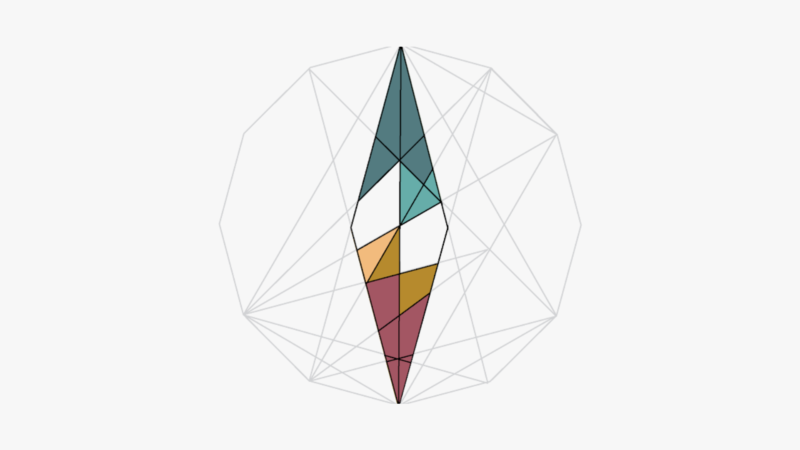 Science & education
Science & educationAction for Interactive Anti-Polarisation Learning Experiences for a Better Democracy
The ACTILPEX consortium provides students and other interested parties with the tools to understand mechanisms of polarisation and to counteract them. Science & education · Science engagement
Science & education · Science engagementCapacities and competencies in dealing with hate speech and hostility towards science
This project develops strategies to make the science system more resilient to high publicity negative statements. Science & education
Science & educationOrganisational Resilience and Creativity: Exploring the Future of Educational Technology
How can educational technology be creatively contribute to building resilient universities and equip them to cope with future change?
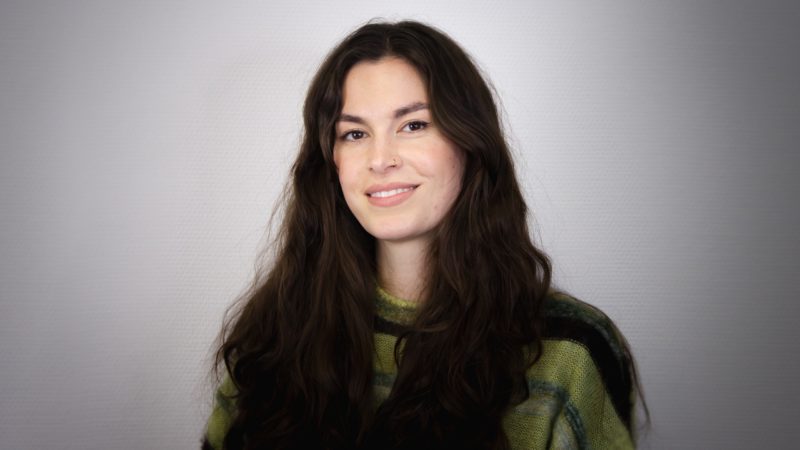 Anna AustStudent Assistant: Democratic Change and Knowledge
Anna AustStudent Assistant: Democratic Change and Knowledge Benedikt Fecher, Dr.Associated Researcher: Democratic Change and Knowledge & Former Head of Research Programme: Knowledge & Society
Benedikt Fecher, Dr.Associated Researcher: Democratic Change and Knowledge & Former Head of Research Programme: Knowledge & Society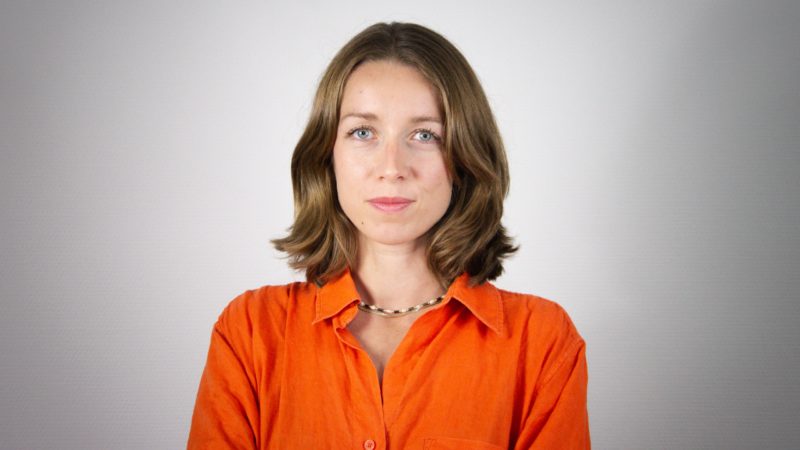 Bronwen DeaconResearcher: Democratic Change and Knowledge
Bronwen DeaconResearcher: Democratic Change and Knowledge Christian KobsdaAssociated Researcher: Democratic Change and Knowledge
Christian KobsdaAssociated Researcher: Democratic Change and Knowledge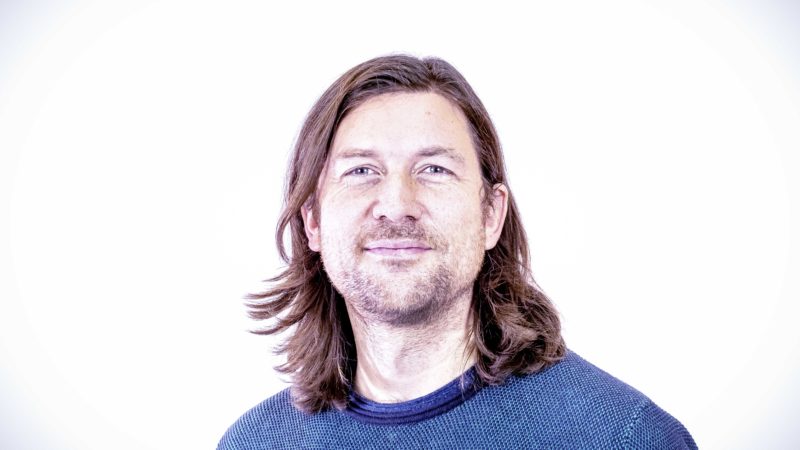 Frédéric DuboisManaging Editor: Internet Policy Review
Frédéric DuboisManaging Editor: Internet Policy Review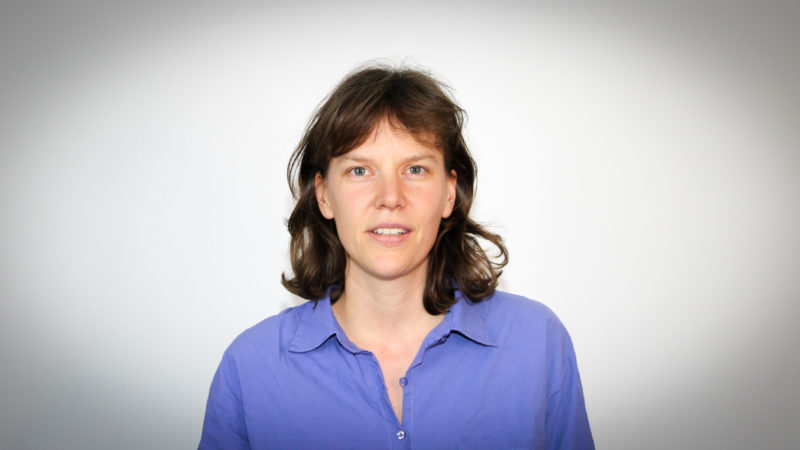 Freia KuperResearcher: Democratic Change and Knowledge
Freia KuperResearcher: Democratic Change and Knowledge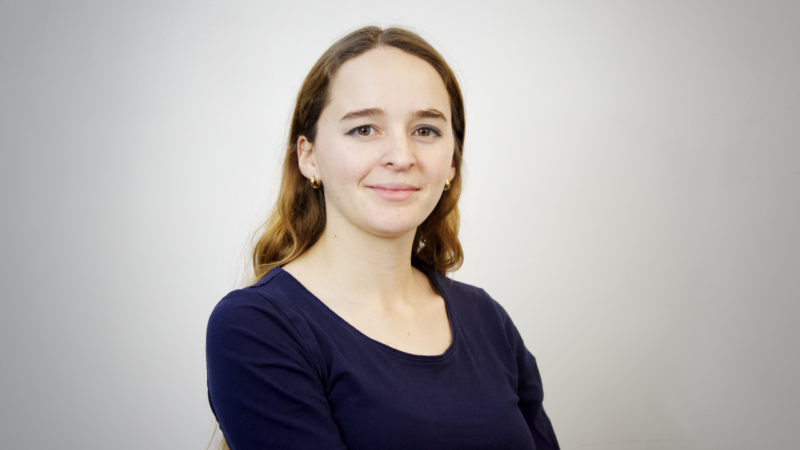 Katherina Holscher BlackmanResearcher: Democratic Change and Knowledge
Katherina Holscher BlackmanResearcher: Democratic Change and Knowledge Lena Marie HenkesResearcher: Democratic Change and Knowledge
Lena Marie HenkesResearcher: Democratic Change and Knowledge Marcel Hebing, Prof. Dr.Associated Researcher: Democratic Change and Knowledge
Marcel Hebing, Prof. Dr.Associated Researcher: Democratic Change and Knowledge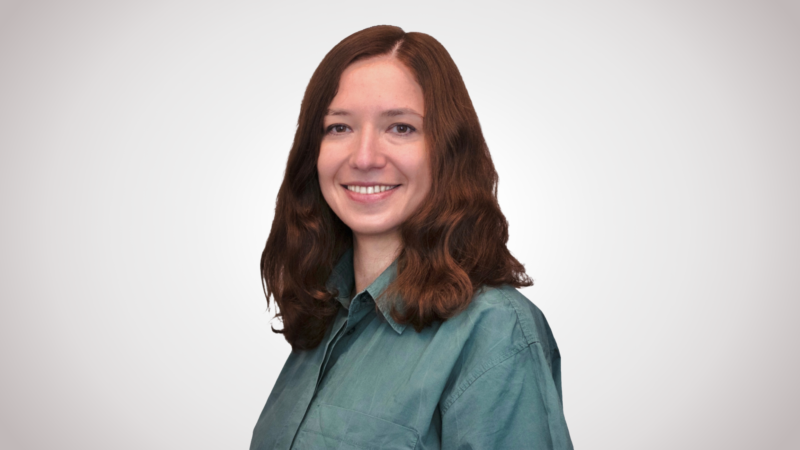 Nataliia SokolovskaSenior Researcher: Democratic Change and Knowledge | Head of Research Programme: Knowledge & Society
Nataliia SokolovskaSenior Researcher: Democratic Change and Knowledge | Head of Research Programme: Knowledge & Society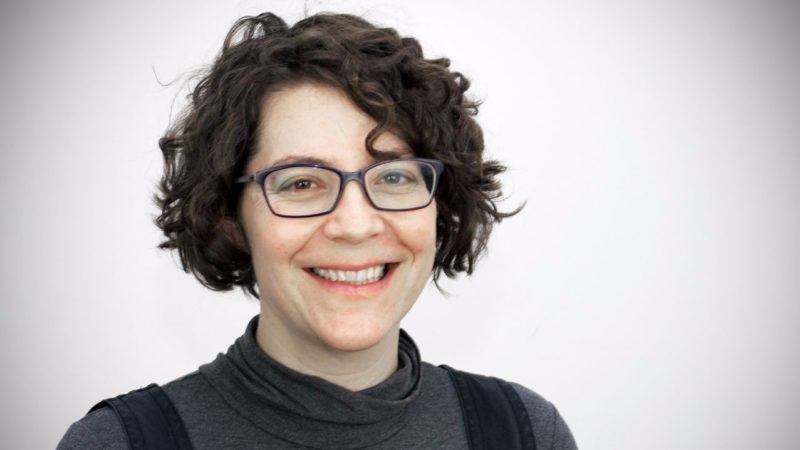 Rebecca Kahn, Dr.Associated Researcher: Democratic Change and Knowledge
Rebecca Kahn, Dr.Associated Researcher: Democratic Change and Knowledge
 Media & data · Politics & law
Media & data · Politics & lawData & Smart City Governance: Using the Example of Air Quality Management
The project is developing a data governance model with which administration, business and civil society can work together on data utilisation and processing in... Politics & law · Science & education
Politics & law · Science & educationAcquisition logic as an obstacle to Diamond Open Access
The research project is investigating how Diamond Open Access publication model can be organised in Germany in the long term. Politics & law · Science & education · Science engagement
Politics & law · Science & education · Science engagementRepository for scientific policy and society advice
Political decisions are increasingly based on empirical research results. The project makes advisory documents specifically searchable and develops quality standards.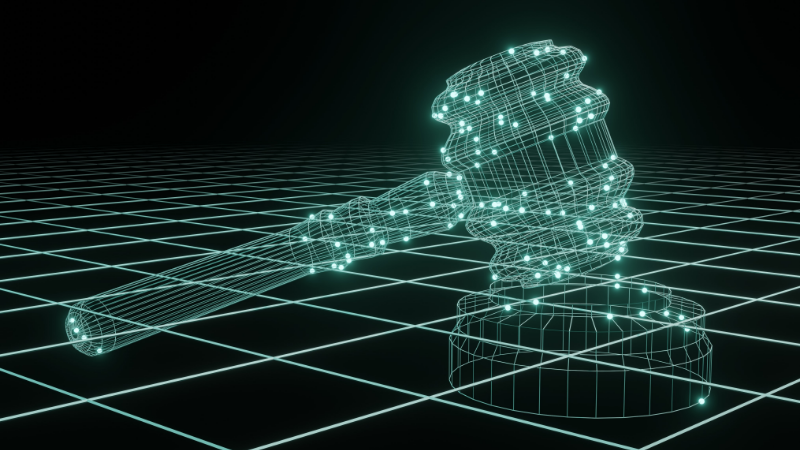 Society & culture · Media & data · Politics & law · Science engagement · Society & culture
Society & culture · Media & data · Politics & law · Science engagement · Society & culturePlatform://Democracy
The project "Platform://Democracy" examines how the rules of discourse on platforms can be aligned with public values.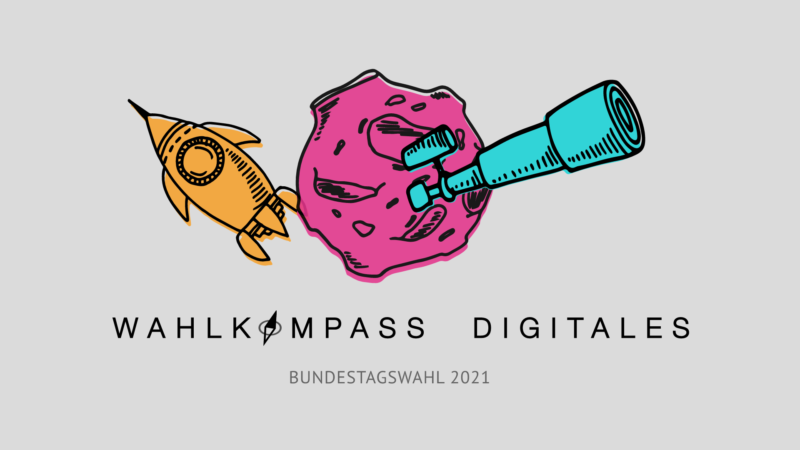 Politics & law · Society & culture
Politics & law · Society & cultureDigital Electoral Compass 2021
The Digital Electoral Compass is intended to create transparency, show the parties' positions on digital policy issues and provide an overview of their individual...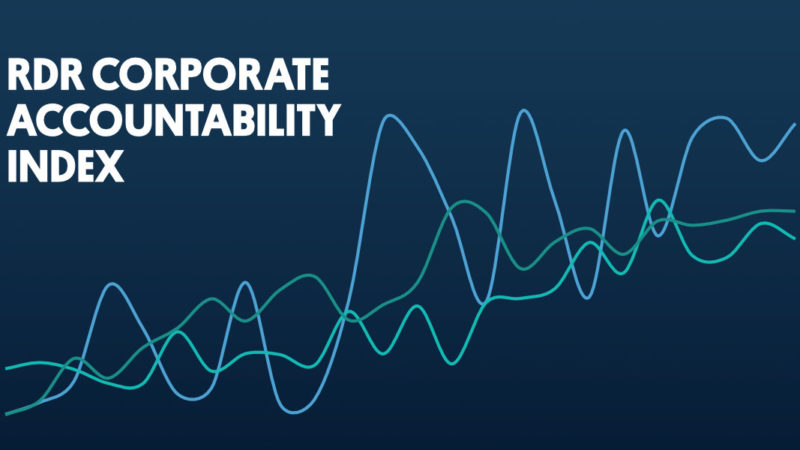 Media & data · Politics & law
Media & data · Politics & lawRanking Digital Rights
Ranking Digital Rights (RDR) works to promote freedom of expression and privacy on the internet by creating global standards and incentives for companies to...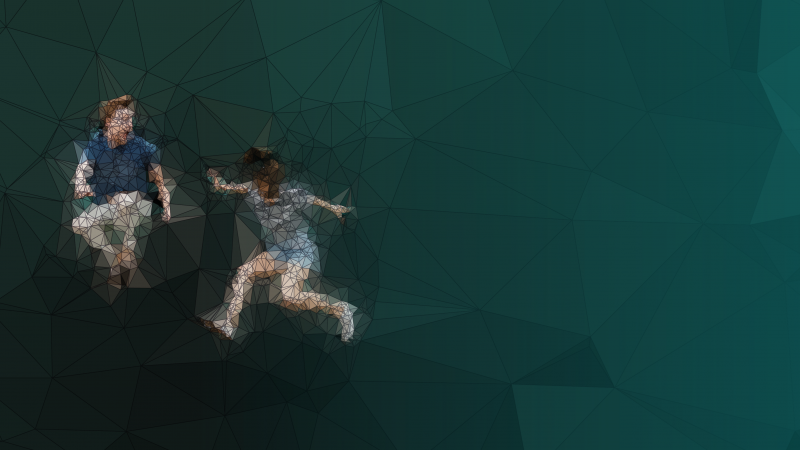 Science & education · Society & culture
Science & education · Society & cultureThe Third Engagement Report
The Third Engagement Report is a report on civic engagement that focuses on "The Future of Civil Society: Young Engagement in the Digital Age.”
DECiDe – Digital Identity, European Citizenship and the Future of Democracy
We developed a prototype for e-voting and e-polling based upon digital identity and Random-Sample Voting. The project was one of the winning projects by...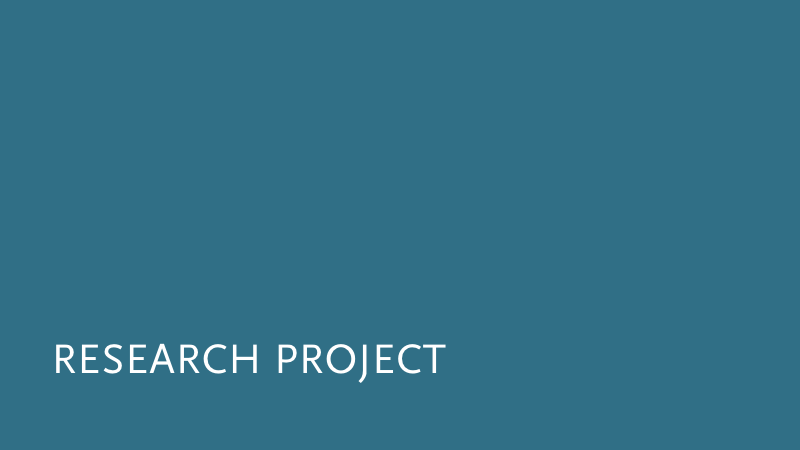 Politics & law · Society & culture
Politics & law · Society & cultureWahlkompass Digitales
Click here for Wahlkompass 2021 Digital policy will be a focal point of the German federal elections in 2017. More than ever, the elections... Politics & law · Society & culture
Politics & law · Society & cultureDigital Civil Disobedience
The political phenomenon of civil disobedience has undergone a remarkable change in recent times, with the expression electronic civil disobedience coming into being in... Media & data · Politics & law
Media & data · Politics & lawParticipation in German Law
In the context of a comprehensive project concerning online participation in cooperation with the Hans-Bredow-Institute, the sub-project „e-petitions“ focuses on the e-petitions platform of...
Journal articles and conference proceedings
Fecher, B., Sokolovska, N., & Wagner, G. G. (2025). Exploring scientific advice for local politics in Germany: the critical role of quasi-scientific actors. Science and Public Policy, 1-12. DOI: https://doi.org/10.1093/scipol/scaf070 Publication details
Laufer, M., Schäfer, L.O., Kuper, F., & Deacon, B. (2025). Building resilient and creative universities: Exploring the new normal for eight universities across Europe. Discover Education, 4, 1-14. DOI: 10.1007/s44217-025-00580-w Publication details
Fecher, B., Hebing, M., Laufer, M., Pohle, J., & Sofsky, F. (2023). Friend or foe? Exploring the implications of large language models on the science system. AI & Soc. DOI: 10.1007/s00146-023-01791-1 Publication details
Working paper
Broer, I., Ibert, O., Kuckeland, N., Kuper, F., & Müller, F. C. (2024). Lost (and Found) in Translation: Thesen zur Übersetzungsleistung von Beratungsdokumenten an der Schnittstelle von Wissenschaft und Politik. LeibnizInstitut für Medienforschung | Hans-Bredow-Institut (HBI); Leibniz-Institut für Raumbezogene Sozialforschung (IRS). DOI: https://doi.org/10.21241/ssoar.94211 Publication details
Sokolovska, Nataliia (2024). A digital infrastructure to support mediation at the science-policy interface. The transformation imperative: Expanded Evidence for inclusive policies in diverse contexts, proceedings of the INGSA2024 conference, 5th international conference on science advice to governments (INGSA), 1-4. May 2024. Publication details
Other publications
Sokolovska, N., Rothgang, M., Schönig S., & Bergschneider, H. (2025). Repod – Access to scientific expertise. Guidelines for the support of scientific policy advice. HIIG Impact Publication Series. Publication details
Laufer, M., Kuper, F., Mende, M. A., Schäfer, L. O., Tschache T., & Deacon, B. (2023). Organizing Digital Change at the University. The Practitioners’ Field Guide for Implementing Educational Technology. HIIG Impact Publication Series. Publication details
Lectures and presentations
Selbstzensur unter Forschenden? Erkenntnisse und Wissenslücken zur WissenschaftsfeindlichkeitSelbstzensur unter Forschenden? Erkenntnisse und Wissenslücken zur Wissenschaftsfeindlichkeit. Deutsches Institut für Wirtschaftsforschung. Deutsches Institut für Wirtschaftsforschung, Berlin, Germany: 24.03.2025
Nataliia Sokolovska
Selbstzensur unter Forschern? Gefahren der Wissenschaftsfeindlichkeit. Fachbereich Veterinärmedizin, Freie Universität Berlin, Berlin, Germany: 05.12.2024Nataliia Sokolovska
Combating social polarisation with educational gamesSIG 20 & 26 CONFERENCE 2024 (Digital, Analogue, and Hybrid Learning Spaces: Rethinking Dialogue, Inquiry, and Argumentation). EARLI. Dorotheenstraße 24, Berlin, Humboldt University Berlin: 18.09.2024 Further information
Nataliia Sokolovska, Agata Komendant-Brodowska
How can open science platforms connect science and policy-making?EASST/4S 2024: Making and Doing Transformations (Session: How can open science platforms connect science and policy-making?). European Association for the Study of Science and Technology and the Society for Social Studies of Science. Online, Amsterdam, Netherlands: 16.07.2024 Further information
Nataliia Sokolovska, Freia Kuper
Hate Speech gegen Wissenschaft: Wenn Wissenschaftler*innen angegriffen werdenLange Nacht der Wissenschaften 2024. Alexander von Humboldt Institut für Internet und Gesellschaft, Berlin, Germany: 22.06.2024 Further information
Nataliia Sokolovska
Wie schutzbedürftig sind Wissenschaftler? – Die „Forschungssprecher des Jahres 2023“Treffpunkt Wissenschaftskommunikation. Wissenschaft kommuniziert - Blog. Online, Berlin, Germany: 04.12.2023 Further information
Nataliia Sokolovska
Panels
Demokratische Wissenschaftskommunikation in Deutschland – quo vadis?Wisskomm Connected Konferenz – Forschung und Praxis der Wissenschaftskommunikation gemeinsam gestalten. Transfer Unit: Wissenschaftskommunikation. Berlin Brandenburgische Akademie der Wissenschaften (BBAW), Berlin, Germany: 11.09.2024 Further information
Sascha Schönig
Advances in Capability Development for Science Advice - Frameworks and ToolsINGSA2024. The International Network for Governmental Science Advice (INGSA). Kigali Convention Centre, Kigali City, Rwanda: 02.05.2024 Further information
Nataliia Sokolovska
Moderation of workshops and panels
Debunking Science Myths: Vorurteile über Wissenschaft und was wirklich dran istLange Nacht der Wissenschaften 2024. Alexander von Humboldt Institut für Internet und Gesellschaft, Berlin, Germany: 22.06.2024 Further information
Freia Kuper
Kommunikative Aspekte der Orientierung und des Schutzes für Wissenschafler:innen in der ÖffentlichkeitExpertise unter Druck, Orientierung und Schutz für Wissenschaftler:innen in der Öffentlichkeit. Zeit Stiftung. Bucerius Law School, Hamburg, Germany: 29.02.2024 Further information
Nataliia Sokolovska
Organisation of events
Dealing with hostility in science communicationFrom 07.07.2025 to 08.07.2025. Humboldt Institute for Internet and Society, Berlin, Germany (International) Further information
Anna Aust, Katherina Holscher Blackman, Freia Kuper, Nataliia Sokolovska
Co-Creation Workshop: Dealing with hostility in science communication. An international perspectiveFrom 13.06.2025 to 13.06.2025. Humboldt Institute for Internet and Society, Berlin, Germany (International)
Katherina Holscher Blackman, Nataliia Sokolovska
Train-the-Trainer-Programm (3)From 18.03.2025 to 18.03.2025. Humboldt Institute for Internet and Society, Berlin, Germany. Co-Organised by: Berlin School of Public Engagement (BSOPE) am Museum für Naturkunde in Berlin (MfN), Scicomm-Support (National) Further information
Sascha Schönig, Nataliia Sokolovska
Train-the-Trainer-Programm (2)From 29.10.2024 to 29.10.2024. Alexander von Humboldt Institut für Internet und Gesellschaft, Berlin, Germany. Co-Organised by: Berlin School of Public Engagement (BSOPE) am Museum für Naturkunde in Berlin (MfN) und der Scicomm-Support (National) Further information
Sascha Schönig, Nataliia Sokolovska
Dealing with hostility in science communicationFrom 23.09.2024 to 24.09.2024. Alexander von Humboldt Institute for Internet and Society, Berlin, Germany. Co-Organised by: Berlin School of Public Engagement and Open Science (BSOPE) at the Museum für Naturkunde in Berlin (MfN)Berlin School of Public Engagement (BSOPE) am Museum für Naturkunde in Berlin (MfN) and the Scicomm-Support (International) Further information
Sascha Schönig, Nataliia Sokolovska
Train-the-Trainer-Programm (1)From 06.06.2024 to 06.06.2024. Alexander von Humboldt Institut für Internet und Gesellschaft, Berlin, Germany. Co-Organised by: Berlin School of Public Engagement (BSOPE) am Museum für Naturkunde in Berlin (MfN) und der Scicomm-Support. (National) Further information
Sascha Schönig, Nataliia Sokolovska
Digital Society Blog
Researchers at our institute write about key questions of the digital society. Discover articles on AI, democracy, labour, knowledge, platform regulation and sustainability.
